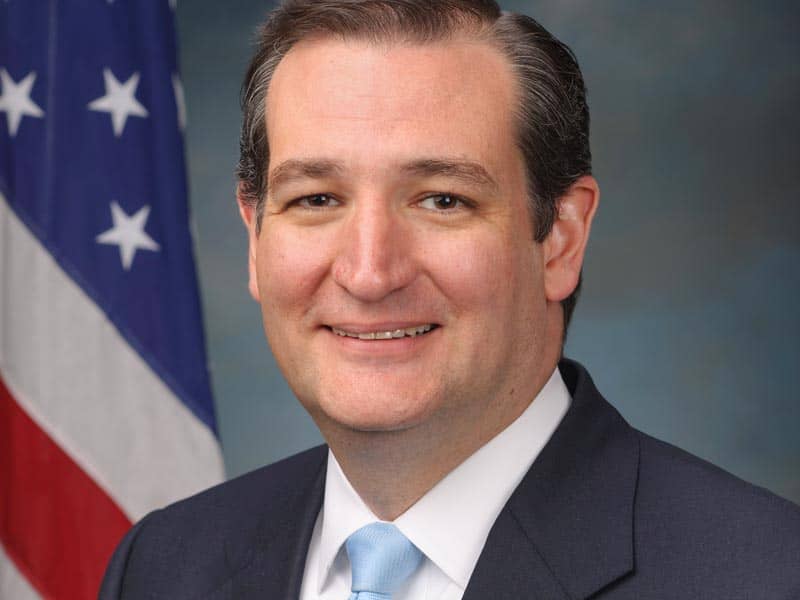WASHINGTON, Feb. 16 (RNS) Faith-based providers of social services across
the
country report that more Americans are working as a result of a 1996
welfare reform law, but many continue to be poor after leaving welfare.
In responses to a nonscientific survey distributed by the National
Council of Churches, representatives of community programs voiced mixed
opinions about the success of programs such as Temporary Assistance to
Needy Families. TANF, as it is known, and programs dealing with food
stamps and child care expire in 2002 and must be reauthorized by
Congress to continue.
The survey results were announced Thursday (Feb. 15) during a
three-day forum sponsored by the NCC during which members of ecumenical,
interfaith and grass-roots organizations worked to develop
recommendations concerning the reauthorization of the welfare
reform-related programs.
The Rev. Brenda Girton-Mitchell, the NCC's Washington director, said
the survey indicated that working families are seeking the help of
churches for a range of needs.
"They're not just coming for food," she said. "They're coming for
help with their mortgage, with their rent, with utilities."
The survey, which garnered about 150 responses from 34 states, also
showed a disparity between the services some people are seeking and the
ability of churches to help them. For instance, many churches provide
assistance with food, counseling and clothing but are not able to help
with utilities, housing costs and job training.
Mary Anderson Cooper, the former associate director of NCC's
Washington office and the compiler of the survey data, said there is a
"tremendous variety of services" being offered to low-income people by
religious organizations. Services range from after-school and mentoring
programs to the teaching of English as a second language to car repair.
NCC officials hope their survey results and other information they
have gathered about social services already provided by churches may
prove helpful as the White House develops its new Office of Faith-Based
and Community Initiatives.
"We do think that the president and the staff he's putting together
need to be mindful that it has to be a partnership between the church,
the private sector and government," said the Rev. Bob Edgar, NCC general
secretary. "This can't be simply a dumping onto the church those issues
which the government doesn't want to deal with directly."
2016-07-27
2016-07-27
Beliefnet Editor
more from beliefnet and our partners

